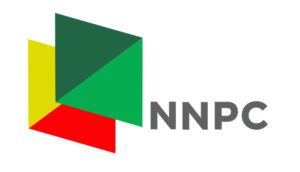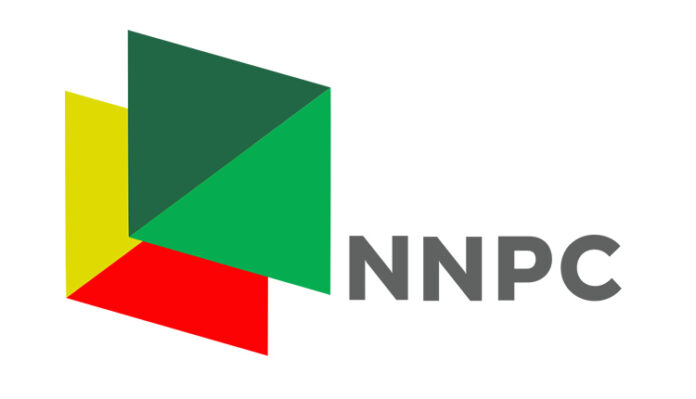Nigeria is grappling with significant challenges regarding the funding needed to develop its local gas projects.
Oritsemeyiwa Eyesan, the Executive Vice President of Upstream at the Nigerian National Petroleum Company Limited (NNPCL), highlighted these issues during the fortieth anniversary of the Abu Dhabi International Petroleum Exhibition and Conference (ADIPEC).
Despite possessing over 200 trillion cubic feet of proven gas resources, Nigeria continues to face obstacles in harnessing its potential, particularly as it aims to utilize compressed natural gas as a transition fuel.
Eyesan stated, “The challenges persist,” underscoring the difficulties in balancing decarbonization efforts while addressing energy poverty.
The 2024 ADIPEC conference focuses on the impact of artificial intelligence on the oil and gas sector, along with strategies for decarbonization.
Eyesan pointed out that, although initiatives like the decade of gas have been launched, Nigeria must still navigate the complexities of these intertwined challenges.

However, she reaffirmed Nigeria’s commitment to the Oil and Gas Climate Initiative (OGCI), which unites twelve of the largest oil and gas companies globally to tackle climate change and aims to significantly reduce gas flaring by 2030.
As of January 1, 2024, Nigeria holds proven natural gas reserves of 209.26 trillion cubic feet (TCF), making it the eighth-largest holder of gas reserves worldwide and the largest in Africa.




